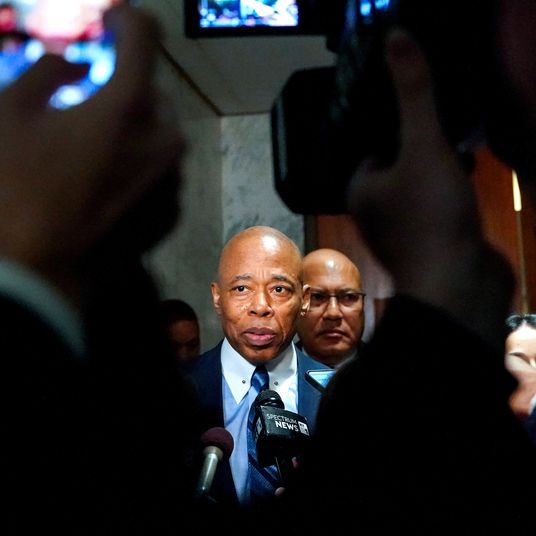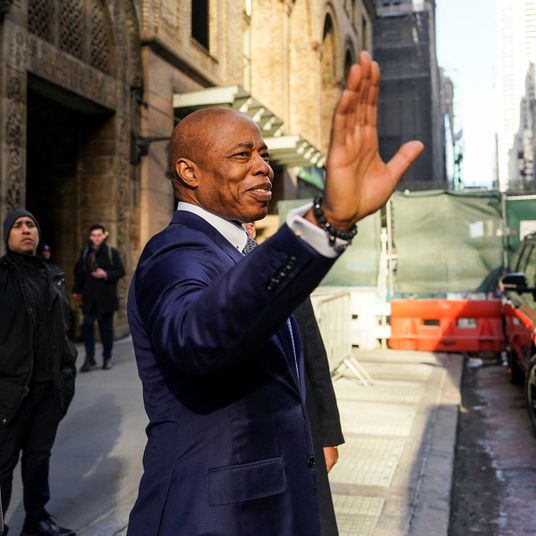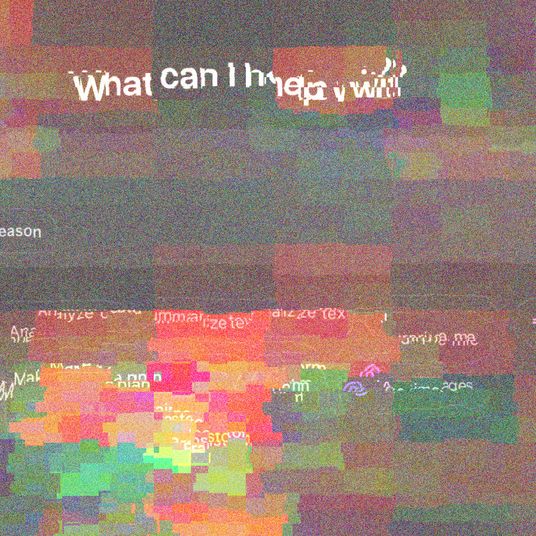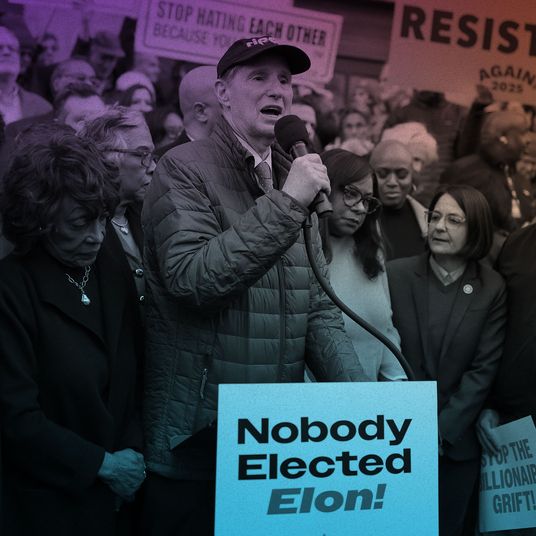
It appeared for weeks, and even up until a day ago, that Senate Republicans might filibuster to death an extension of unemployment benefits. But six Republicans from purple states defected, allowing the debate to proceed, and suggesting the path will eventually be cleared for the Senate to pass an extension.
Should it pass, it will head to the House, the pit of despair where even the most uncontroversial and sane legislation goes to die, and where John Boehner endures perpetual torment and damnation. The prospects for House passage, as always, appear dire:
So is that it? Does the dysfunctionality and ideological extremism of Boehner’s restive minions doom the unemployed to unmitigated suffering? Actually, there is a case to be made that Democrats have real leverage and, if they use it correctly, can win.
The first source of leverage is that Republican elites have come to understand, since the election, that being seen as punitive Randoid class warriors determined to immiserate the poor carries certain political risks for the party. Robert Costa and Philip Rucker report that Republicans “face political pressure from vulnerable incumbents to demonstrate more compassion for the poor after back-to-back presidential election losses.” They do note that “there is little consensus” as to what an actual agenda demonstrating this would entail – which is to say, the agenda does not exist. Still, they do seem to be aware that the issues places the party in a delicate spot.
That’s why, while a handful of free-market absolutists (like Rand Paul and the Wall Street Journal editorial page) are advocating outright for an end to emergency unemployment benefits, most Republicans in Congress are approaching the issue more delicately. Instead, they are professing to favor an extension of emergency benefits, but only if the measure is paid for with offsetting spending cuts. To simply extend unemployment benefits would “add to the deficit in an irresponsible way,” complains Republican Senator Mark Kirk. Boehner has made similarly noncommittal noises.
This isn’t a genuine expression of concern for the size of the deficit. When Republicans actually care about a policy that adds to the deficit, they just pass it and put it on the credit card. That’s how they passed the immensely costly extension of the expiring Bush tax cuts. For that matter, that’s how they passed every deficit-increasing measure during the entire time they controlled the government under Bush – wars, tax cuts, drug benefits, energy subsidies, surges — they put them all on the tab. Demanding an offset is how you stop a policy you don’t care about without having to admit you don’t care about it.
So this might seem to offer a path for Republicans to stalemate anymore benefit extensions. After all, finding deficit savings is really hard. A few weeks ago, both parties scrounged for all the loose change they could find just to lift budget sequestration to a barely tolerable level. There are no easy cuts laying around, and Republicans won’t agree to higher taxes for any reason.
But as it happens, the Democrats have leverage because Republicans are about to pull out the credit card and pass one of the policies they care about: the farm bill. Agriculture subsidies are a huge, bloated entitlement that shouldn’t exist at all on the merits, but Republicans like them because they benefit rich white people (or, to put it more charitably, their constituents). Many of us have thought Congress has to pass a farm bill because, otherwise, milk prices will go through the roof, and all sorts of goofy things will happen. Martha White suggests that this isn’t true: “Even under a worst-case scenario in which the government paid twice as much to dairy farmers as they do now, we’d be talking about $5.25 milk, not $8.” There’s no need to pass a farm bill at all.
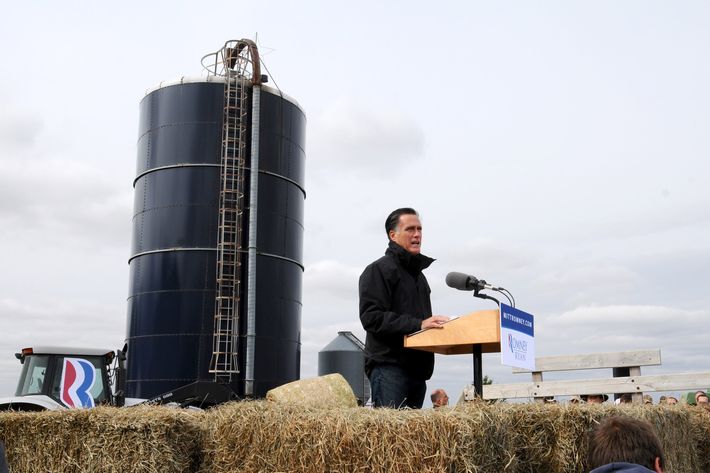
A month ago, Chris van Hollen, the ranking Democrat on the Budget Committee, floated a plan to Greg Sargent to block any farm bill unless Republicans agree to extend unemployment assistance. You could, of course, cut all the billions you want out of the farm bill if you actually want to reduce the deficit. In any case, the farm bill casts the GOP’s opposition to unemployment benefits – a lifeline for people who actually need government support – into stark relief.
Ideally, Democrats would block any farm bill at all. In practice, that’s a hard position to muster any support for. Democrats in the House mostly represent urban and suburban districts with little farming, but Democrats in the Senate represent whole states and thus plenty of farmers. They’re not going to be onboard with a strategy of total war on big agriculture.
But the Van Hollen plan surely would make it nearly impossible for Republicans to pass a farm bill without extending unemployment benefits. What’s more, there’s a simple way to backstop the Van Hollen plan even if Senate Democrats don’t go along with it: President Obama could pledge to veto any farm bill unless Congress extends unemployment benefits. Oh, and maybe food stamps, too.










